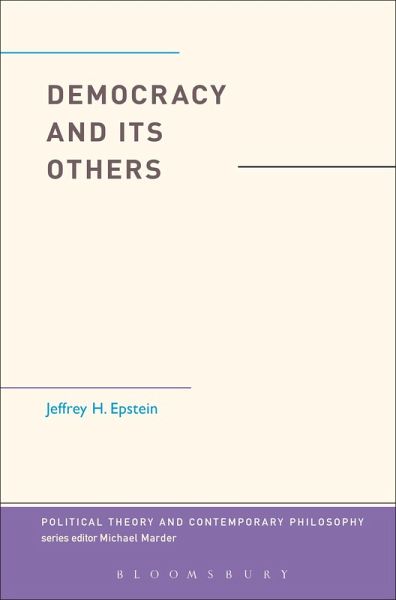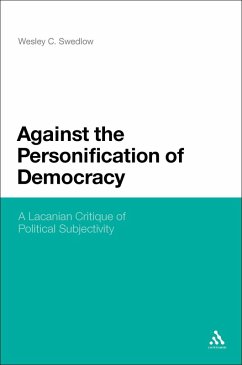
Democracy and Its Others (eBook, ePUB)

PAYBACK Punkte
16 °P sammeln!
Today's unprecedented levels of human migration present urgent challenges to traditional conceptualizations of national identity, nation-state sovereignty, and democratic citizenship. Foreigners are commonly viewed as outsiders whose inclusion within or exclusion from "the people" of the democratic state rests upon whether they benefit or threaten the unity of the nation. Against this instrumentalization of the foreigner, this book traces the historical development of the concepts of sovereignty and foreignness through the thought of philosophers such as Plato, Locke, Hobbes, Rousseau, Derrida...
Today's unprecedented levels of human migration present urgent challenges to traditional conceptualizations of national identity, nation-state sovereignty, and democratic citizenship. Foreigners are commonly viewed as outsiders whose inclusion within or exclusion from "the people" of the democratic state rests upon whether they benefit or threaten the unity of the nation. Against this instrumentalization of the foreigner, this book traces the historical development of the concepts of sovereignty and foreignness through the thought of philosophers such as Plato, Locke, Hobbes, Rousseau, Derrida, and Benhabib in order to show that foreignness is a structural feature of sovereignty that cannot be purged or assimilated. Understood in this light, foreignness allows for new forms of democratic political unity to be imagined that reject local practices which deprive individuals of political membership solely on the basis of national citizenship. This cosmopolitan model for citizenship provides a novel conceptual framework that simultaneously upholds the legal importance of democratic citizenship for political justice while ceaselessly contesting the exclusionary logic of the nation-state that reserves democratic rights for members of the nation alone.













